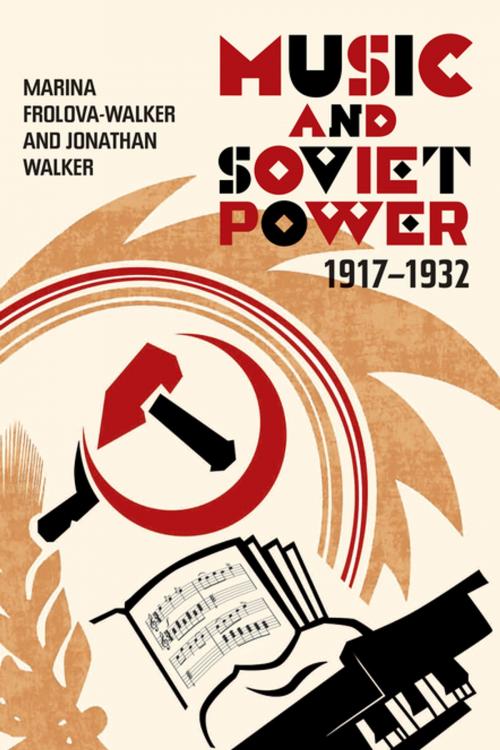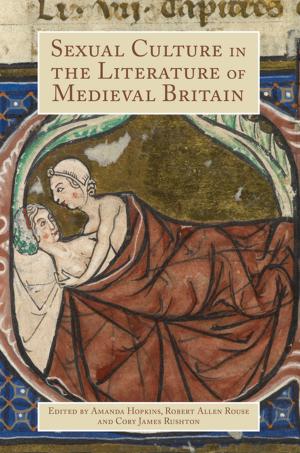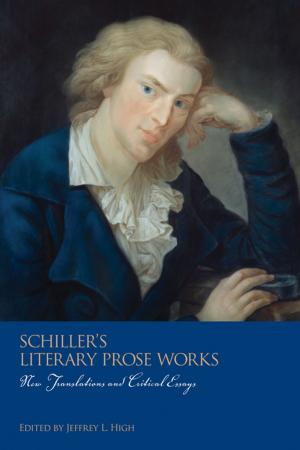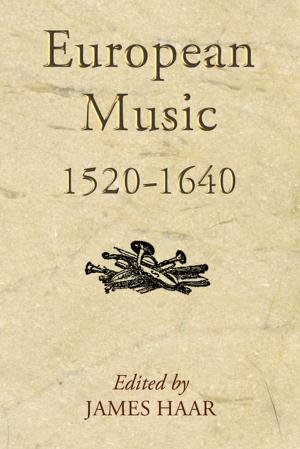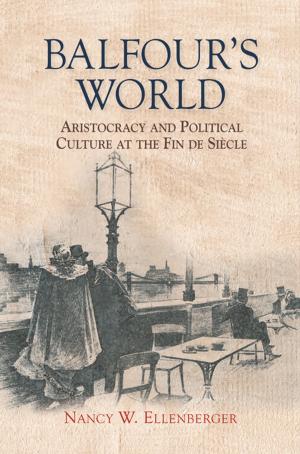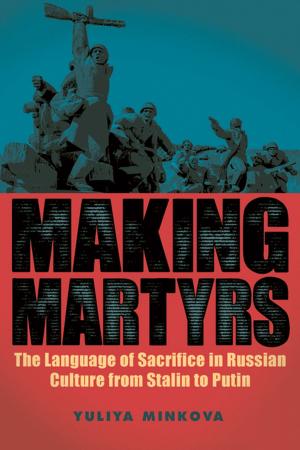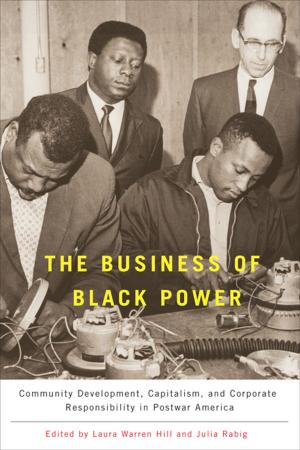Music and Soviet Power, 1917-1932
Nonfiction, Entertainment, Music, Theory & Criticism, History & Criticism, Reference| Author: | Marina Frolova-Walker, Jonathan Walker | ISBN: | 9781782049722 |
| Publisher: | Boydell & Brewer | Publication: | July 19, 2012 |
| Imprint: | Boydell Press | Language: | English |
| Author: | Marina Frolova-Walker, Jonathan Walker |
| ISBN: | 9781782049722 |
| Publisher: | Boydell & Brewer |
| Publication: | July 19, 2012 |
| Imprint: | Boydell Press |
| Language: | English |
The October Revolution of 1917 tore the fabric of Russian musical life: institutions collapsed, and leading composers emigrated or fell into silence. But in 1932, at the outset of the "socialist realist" period, a new Stalinist music culture was emerging. Between these two dates lies a turbulent period of change which this book charts year by year. It sheds light on the vicious power struggles and ideological wars, the birth of new aesthetic credos, and the gradual increase of Party and state control over music, in the opera houses, the concert halls, the workers' clubs, and on the streets.BR> The book not only provides a detailed and nuanced depiction of the early Soviet musical landscape, but brings it to life by giving voice to the leading actors and commentators of the day. The vibrant public discourse on music is presented through a selection of press articles, reviews and manifestos, all supplied with ample commentary. These myriad sources offer a new context for our understanding of Shostakovich, Prokofiev and Myaskovsky, while also showing how Western music was received in the USSR. This, however, is only half the story. The other half emerges from the private dimension of this cultural upheaval, traced through the letters, diaries and memoirs left by composers and other major players in the music world. These materials address the beliefs, motivations and actions of the Russian musical intelligentsia during the painful period of their adjustment to the changing demands of the new state. While following the twists and turns of official policies on music, the authors also offer their own explanations for the outcomes. The book offers unprecedented access to primary sources that have been unavailable in English, or which lay unknown on archival shelves. Music and Soviet Power offers cultural history told through documents - both colourful and representative - with an extensive commentary and annotation throughout. MARINA FROLOVA-WALKER is Reader in Music History at the University of Cambridge and Fellow of Clare College, Cambridge; JONATHAN WALKER, who has a PhD in Musicology, is a freelance writer, teacher and pianist.
The October Revolution of 1917 tore the fabric of Russian musical life: institutions collapsed, and leading composers emigrated or fell into silence. But in 1932, at the outset of the "socialist realist" period, a new Stalinist music culture was emerging. Between these two dates lies a turbulent period of change which this book charts year by year. It sheds light on the vicious power struggles and ideological wars, the birth of new aesthetic credos, and the gradual increase of Party and state control over music, in the opera houses, the concert halls, the workers' clubs, and on the streets.BR> The book not only provides a detailed and nuanced depiction of the early Soviet musical landscape, but brings it to life by giving voice to the leading actors and commentators of the day. The vibrant public discourse on music is presented through a selection of press articles, reviews and manifestos, all supplied with ample commentary. These myriad sources offer a new context for our understanding of Shostakovich, Prokofiev and Myaskovsky, while also showing how Western music was received in the USSR. This, however, is only half the story. The other half emerges from the private dimension of this cultural upheaval, traced through the letters, diaries and memoirs left by composers and other major players in the music world. These materials address the beliefs, motivations and actions of the Russian musical intelligentsia during the painful period of their adjustment to the changing demands of the new state. While following the twists and turns of official policies on music, the authors also offer their own explanations for the outcomes. The book offers unprecedented access to primary sources that have been unavailable in English, or which lay unknown on archival shelves. Music and Soviet Power offers cultural history told through documents - both colourful and representative - with an extensive commentary and annotation throughout. MARINA FROLOVA-WALKER is Reader in Music History at the University of Cambridge and Fellow of Clare College, Cambridge; JONATHAN WALKER, who has a PhD in Musicology, is a freelance writer, teacher and pianist.
